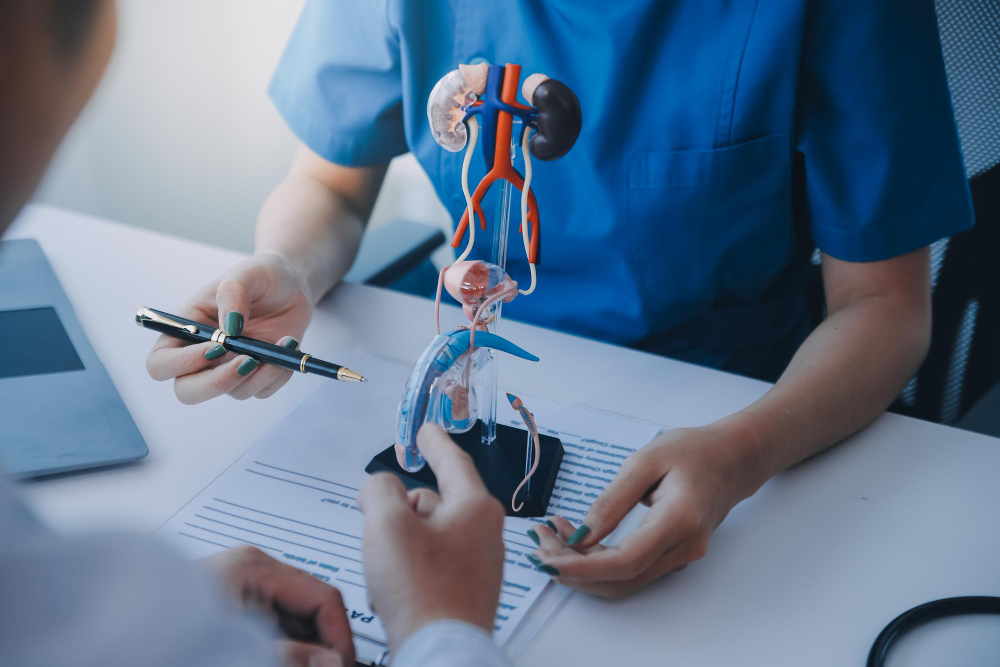The Role of Regular Screenings in Men’s Urological Health
Men’s health often receives less attention than it should, especially when it comes to urology. Many men wait until symptoms become severe before visiting a doctor, but by then, conditions may already be advanced. Regular screenings are one of the most effective ways to detect urological problems early, when they are easiest to treat.
According to Dr. Shawket, prioritizing preventive check-ups is just as important as treating existing conditions.
Why Urological Screenings Matter
Urology covers a wide range of organs and functions, including the kidneys, bladder, prostate, and male reproductive system. Common issues such as prostate enlargement (BPH), kidney stones, urinary tract infections, erectile dysfunction, and even prostate cancer can often be detected early through proper screening. The earlier a condition is identified, the more effective and less invasive treatment is likely to be.
Key Screenings Every Man Should Consider
- Prostate-Specific Antigen (PSA) Test: A simple blood test that helps detect abnormalities in the prostate. Elevated PSA levels may indicate prostate enlargement, infection, or cancer.
- Digital Rectal Exam (DRE): A quick physical exam that allows the doctor to assess the size and shape of the prostate.
- Urinalysis: Checks for signs of infection, blood in urine, or kidney problems.
- Kidney and Bladder Imaging: Ultrasound or CT scans may be recommended to identify stones, tumors, or structural abnormalities.
- Hormone Testing: For men experiencing fatigue, low libido, or fertility concerns, hormone tests can reveal testosterone imbalances.
- Semen Analysis: Important for men facing infertility issues, as it assesses sperm count, motility, and morphology.
When Should Men Start Regular Screenings?
- Age 40+: Annual prostate health checks are strongly recommended.
- Age 50+: Prostate cancer screening becomes especially important.
- At any age: Men with risk factors (family history, urinary problems, infertility, or chronic health issues) should start screenings earlier.
Benefits of Preventive Screenings
- Early detection of prostate cancer and other serious conditions
- Better management of urinary symptoms
- Prevention of kidney and bladder complications
- Peace of mind through proactive care
- Improved long-term quality of life
